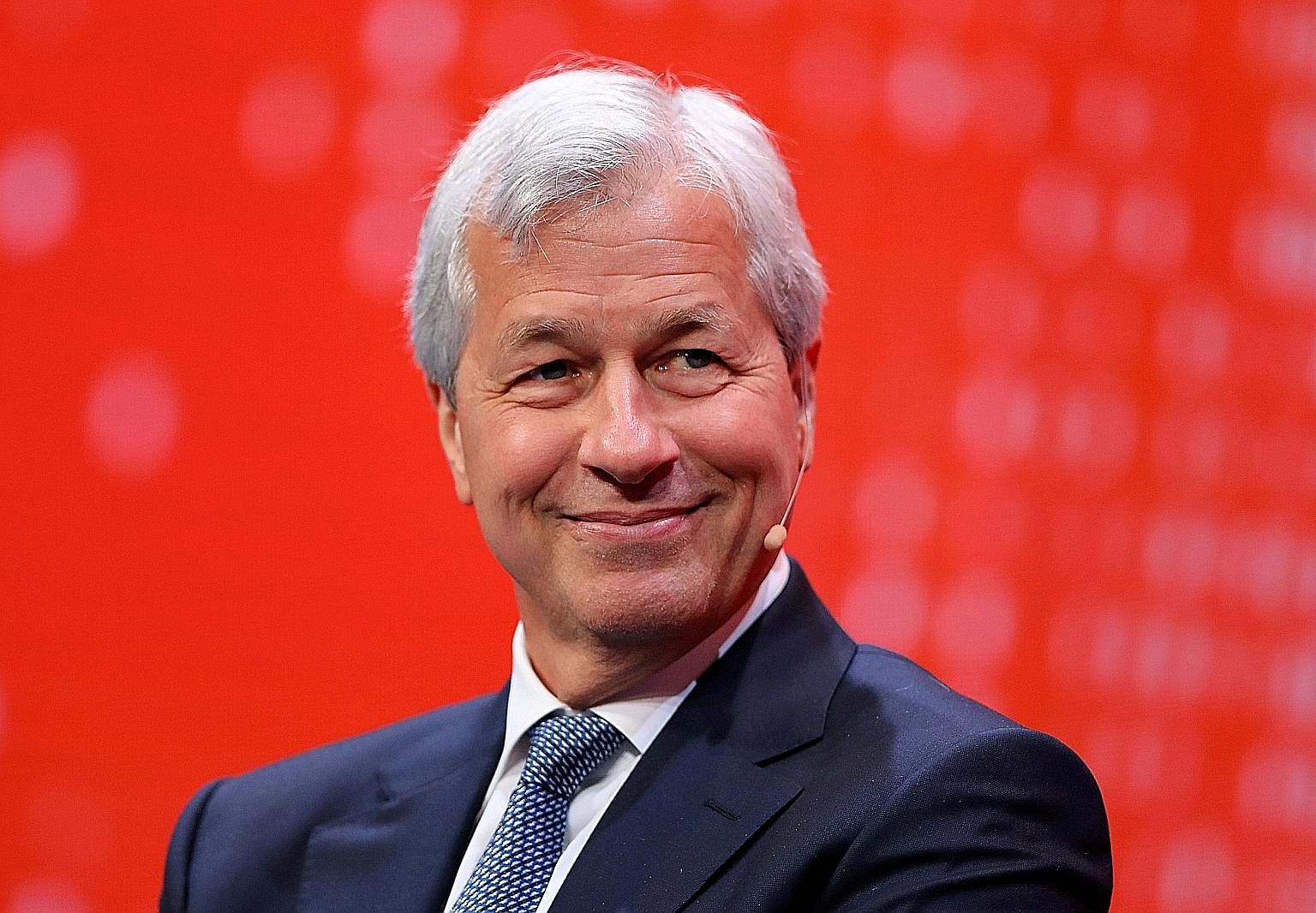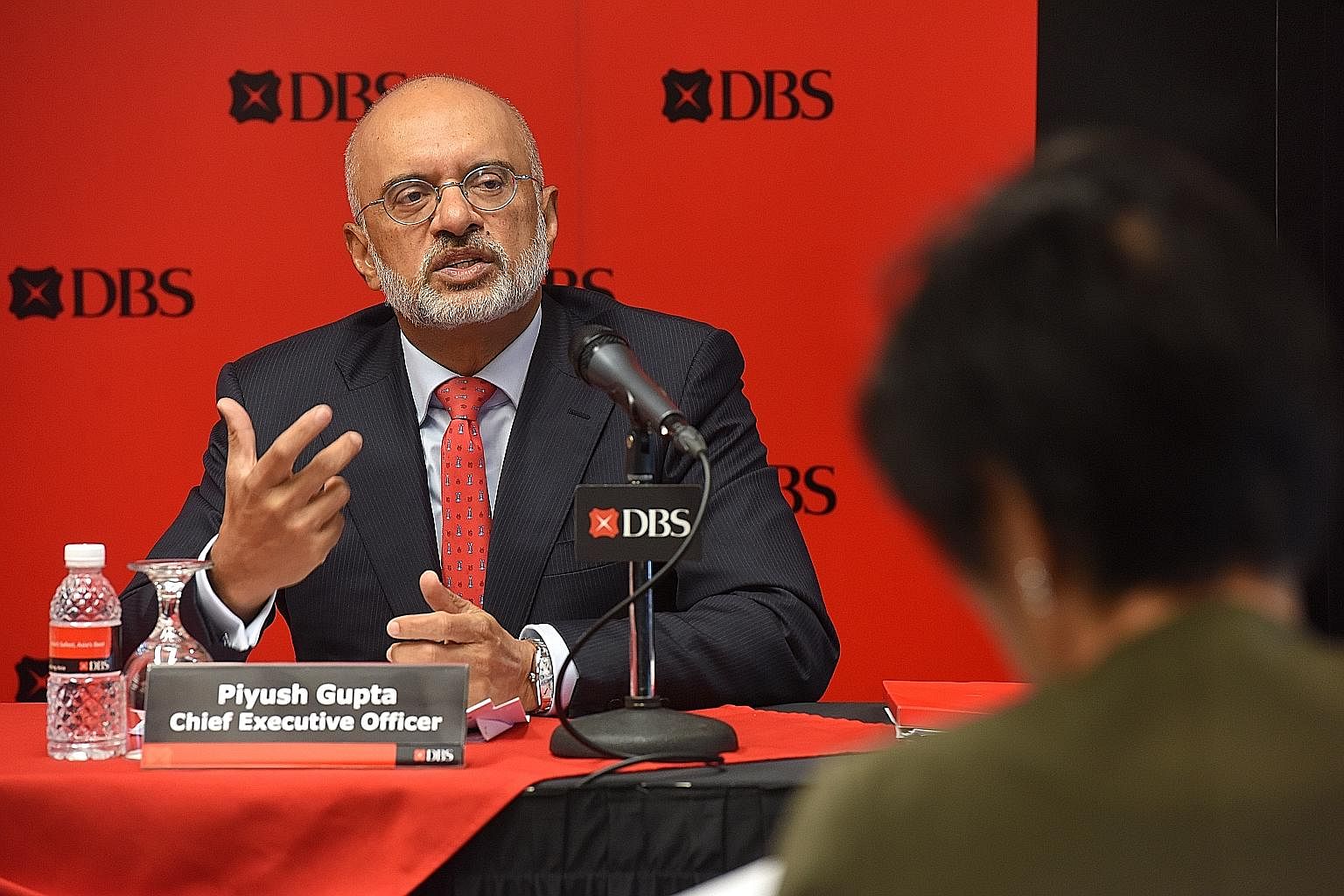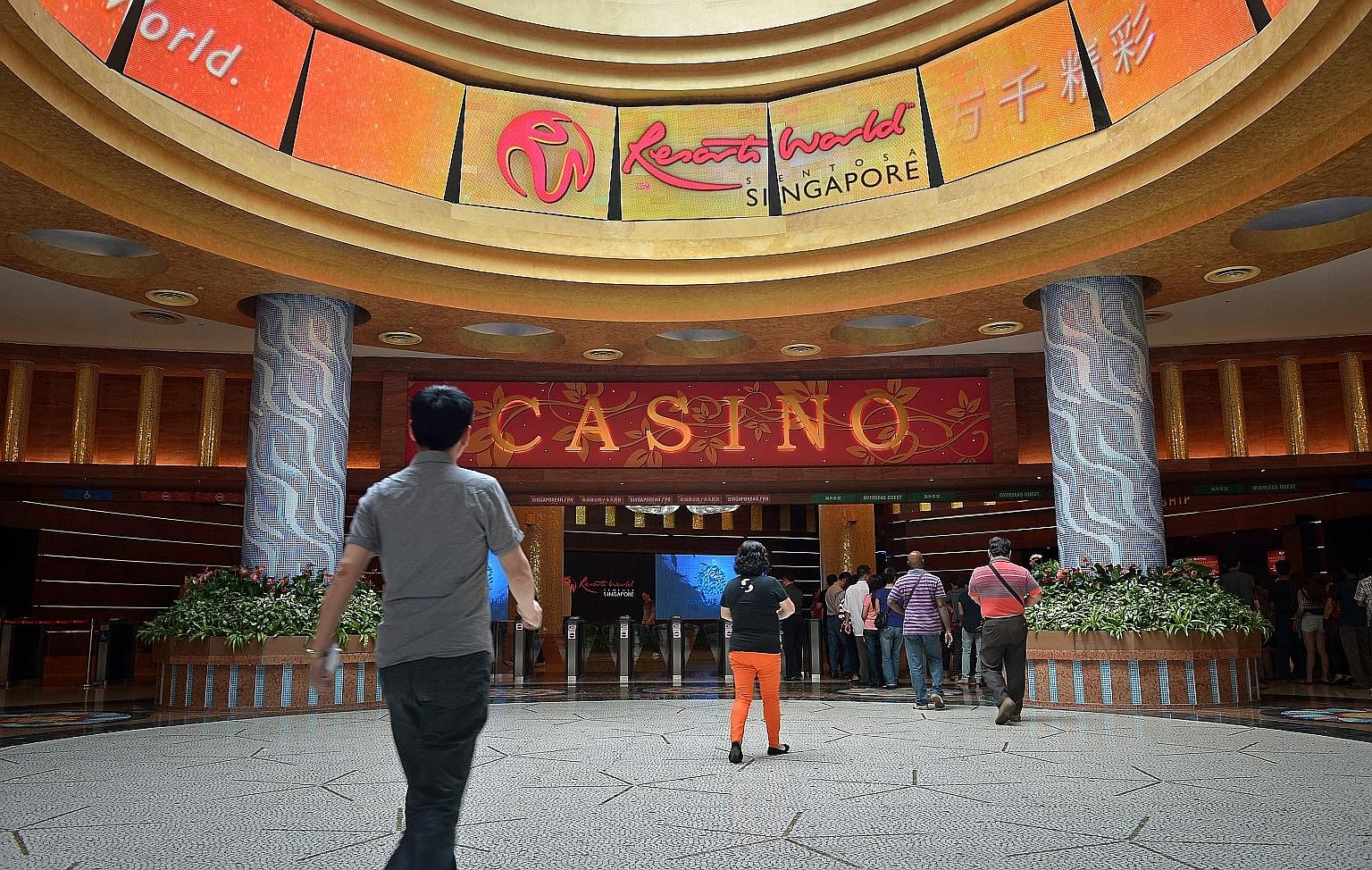Early last year, as financial stocks worldwide came under heavy selling pressure, the boss of United States banking giant JPMorgan Chase, Mr Jamie Dimon, tried to restore calm by spending more than US$26 million (S$36 million) to buy 500,000 shares in his bank.
Even for a banker as wealthy as him, that was a big cheque to write for the purchase - made at prices of between US$53.13 and US$53.30 for each JPMorgan share.
With hindsight, the timing of his purchase proved fortuitous. At JPMorgan's Friday close of US$85.36, Mr Dimon is sitting on a tidy paper profit of more than US$16 million just 15 months after his purchase.
But that had not been the only time Mr Dimon stepped in to buy JPMorgan shares in a big way to reflect the confidence he felt about the bank that he has run for more than a decade.
In July 2012, he had bought about US$17 million worth of JPMorgan shares at prices between US$34.01 and US$34.46 apiece shortly after the bank reported a US$4.4 billion hit to quarterly earnings caused by a trading desk in London. At current market prices, that purchase would have given Mr Dimon a paper gain of US$25.6 million.
For some investors, the timing of Mr Dimon's purchases offers further proof of the usefulness of closely tracking the trades of corporate insiders in order to make money on their stock portfolio.

-
JPMORGAN'S JAMIE DIMON
-
US$26m
What he spent on shares in his own firm last year.
500k
Number of shares bought.
US$16m
What he has made in paper profit in just 15 months.
There are other examples, besides Mr Dimon, of shrewd insiders who have bought into shares when their prices had been temporarily depressed by a run of bad news. In our own backyard, we have DBS Bank boss Piyush Gupta, who bought 200,000 DBS shares at $13.88 apiece in February last year as his bank's share price sank to a six-year low.
That purchase had cost him almost $2.8 million - not a sum to sneeze at as well.
As it turns out, that purchase has panned out well too. As the DBS share price recovered strongly, Mr Gupta sold 500,000 shares at an average price of $20.53 apiece on May 3. After the sale, he continues to hold directly and indirectly about 1.12 million DBS shares, according to a filing with the Singapore Exchange.
Based on the May 3 average selling price of $20.53, this would mean that he made a profit of $1.33 million on the 200,000 DBS shares he bought on the market last year, before deducting transaction costs.
Even tracking the share buybacks made by a company can serve as a "buy" signal for investors as well.
Take Genting Singapore, for example. In 2015, the casino operator spent $78.12 million buying back its own shares at between 79 cents and $1.01 apiece as its share price tumbled.
Queried about the scale of the share buyback during the company's annual general meeting that year, Genting's chairman Lim Kok Thay argued that the buybacks "send a signal that the company and management know best the value of the business" and urged investors to "take it from there and make their own decisions".
Genting's purchases might have been a tad early as its share price continued to languish for another year or so, after it stopped its buybacks. But Genting has rebounded well above the highest price it had paid for its share buyback, as it rose by 55 per cent in the past eight months to $1.165 last Friday.
Given these examples, there would appear to be a good case to be made for tracking trades made by insiders, and companies' buyback of shares.

-
DBS' PIYUSH GUPTA
-
$2.8m
What he spent buying the bank's shares last February.
200k
Number of shares bought.
$1.33m
What he made after selling the shares on May 3, before costs.
Indeed, research seems to support this observation.
In a 2015 study on insider trades, researchers Josef Laksonishok and Inmoo Lee in the US noted that one reason why observing insider trades is so fruitful is that senior officers and directors are more knowledgeable about the company's direction than the investing public.
What is also interesting is their observation that while purchases by insiders may flag "buy" signals, their sales may not offer a significant "sell" signal.
They said: "Insiders have many reasons to sell shares but the main reason to buy shares is to make money. Only insider purchases appear to be useful, while sales are not associated with low returns."
As to why insider sales are not as good an indicator, they explained that in recent years, a higher percentage of managers' wealth is tied to their companies' stocks in the form of stock options and performance shares.
And that could skew the "sell" signal, as a lot of the selling could be due to the managers diversifying their stock holdings - rather than any corporate-related activities.
But the two researchers' most crucial observation is that, while following the lead of insiders can serve as a check on any analysis a person can make on a stock, it should never replace fundamental research.
In this respect, one conspicuous example comes to mind - embattled commodities trader Noble Group.
When the company came under attack by an anonymous blogger, Iceberg Research, over its accounting practices in early 2015, its founder and then chairman, Mr Richard Elman, had been quick to try to shore up investors' confidence with hefty purchases of Noble shares.
Then, between June 2015 and August 2015, the company also spent $137.67 million buying back its own shares.

-
GENTING SINGAPORE
-
$78.12m
Estimated cost of shares bought back in 2015.
92.17m
Number of shares bought back.
$107.4m
Current estimated value.
But even these massive share purchases failed to halt the stampede of investors out of its shares and its share price continued to plummet.
So what are we to make of these examples? In hindsight, both JPMorgan and DBS are healthy businesses and what happened early last year was that their shares had been sold off heavily against the backdrop of a wider stock market turmoil.
In Noble's case, however, the company was being hobbled by a ferocious downturn in the commodities market just as Iceberg put the spotlight on its accounting practices that, in turn, focused investors' attention on whether the company could service its large debt burden.
Therefore, it is important for investors to note that they should not blindly follow insiders in their trades, and not to get carried away by blockbuster insider transactions which may be aimed at catching the market's attention.
Having said that, it is still important to track what insiders are doing with their shares.
After all, they have access to information not known to the public - and this will, no doubt, have a bearing on when they buy or sell their company's shares.

